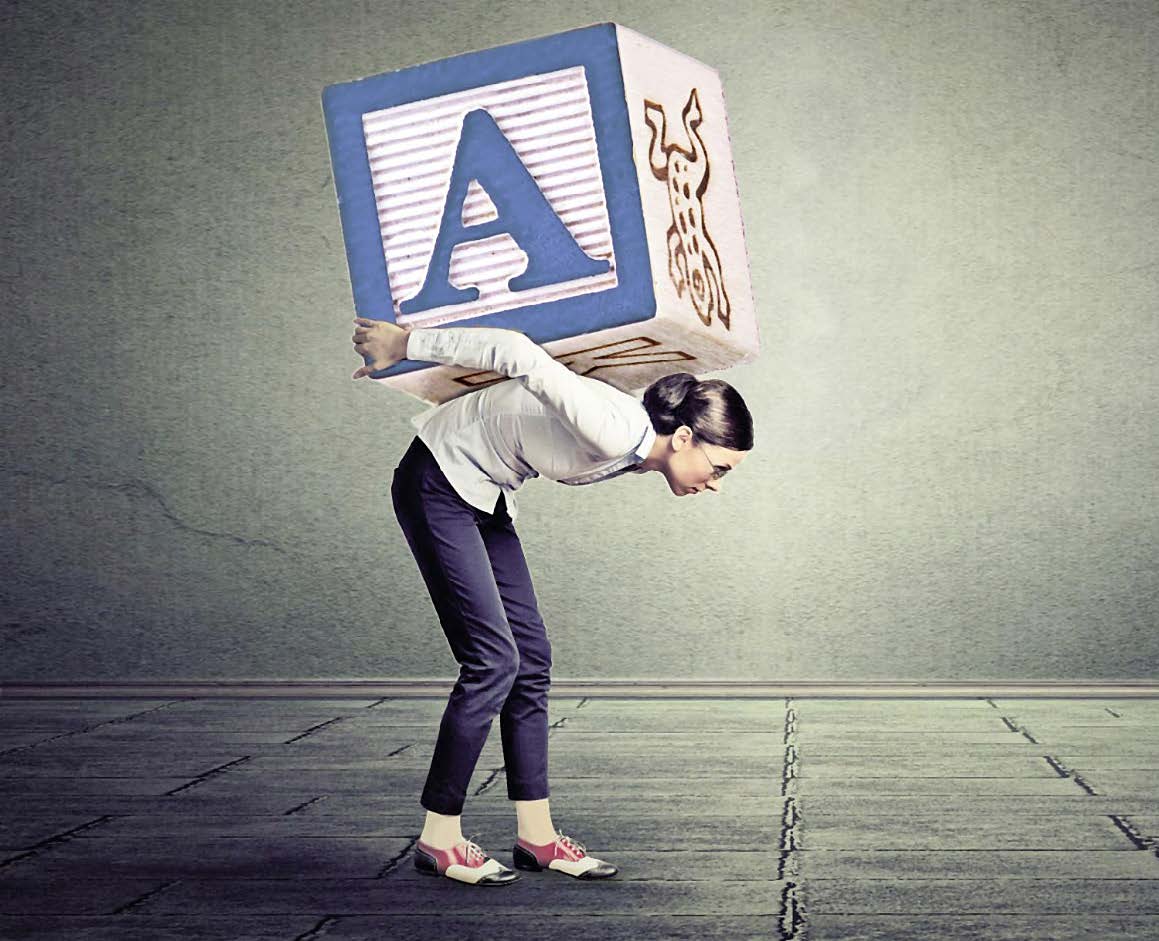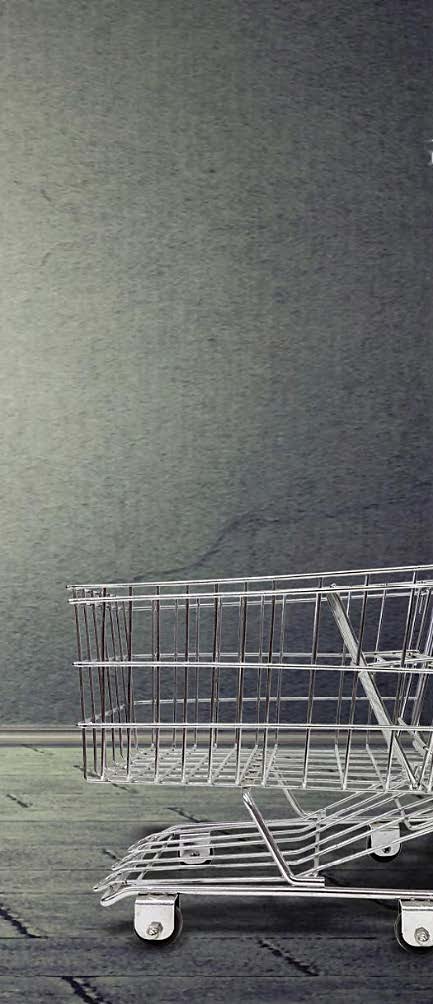
Today we ran into each other at the grocery store. We don't know each other well, but our kids have been in the same class together several years now, and once we were very compatible room mothers. We chat about our kids (of course), their school, how fast summer is approaching. It's the obligatory two to three minutes of conversation, but truth be told we both like each other, and despite our long list of things to accomplish that day we're happy to have seen one another. I think in another lifetime we would have been friends. Hell, I like your daughter so much had she been born 30 years earlier we would have been friends too. I have lots of acquaintanceships and friendships after living here more than a decade now. A number of my relationships have a great deal more depth to them (my cub scout wife comes to mind, thank God she volunteered to "be prepared" too), and a handful of them are moms to autistic kids as well. I made sure to make friends with moms of kids in both the severe and mild camps, as frankly, while I know it's a spectrum (who doesn't now) my kids' "autisms" present as totally different entities, with so little crossover to call them both just "autistic" is laughable.
Okay, I'm not laughing, but you know what I mean. The truth is, I really only unburden myself to the other autism mommies, in part because to explain what's really going on at home would take a lot more time than two to three minutes (understatement of the century), and in part because I need the people I vent to to just "get it." My mommy friends of "high-functioning " (a label I hate) kids get my angst when my youngest has a friend issue or has decided he'll never take care of his older brother when he's older because he's too much work (which I really, really get, but one can have hope). My "low-functioning" (another label I hate) mommy friends talk me off the ledge when I talk about sleep deprivation/potty issues/ his overwhelming need to hide my keys 12 times a day and know just to listen and not suggest anything, because I've been on the autism rodeo for fourteen years, and damned if there isn't anything left to try. Believe me, I'm A type. I'm thorough. I know, my grocery store friend, we see each other fairly often. I'm the one in the decent-looking blue t-shirt after school trying to interest seven boys in a scouting program that just got with the twenty-first century. I'm at PTA meetings (although I've backslided this year). I volunteer at school for various events I'm not sure my son cares if I attend anymore (he says he does, but perhaps he just knows how to work his mom). I usually have a smile on my face (I once won a scouting award which touted I was "Kim Happy Clown McCafferty," which was accurate on so many levels it was uncanny.) I look happy. I am happy. But there's this too.

I won't even attempt to speak for other parents of autistic children here. There's not just a spectrum for our kids, there's one for the parents as well. I have read essays and even met parents of severely autistic children who literally wouldn't change a thing about their kids because they believe it might change the core of who they are. I have read pieces by and met parents of severely affected kids who would do anything for a cure, who would get them to take that magic pill no matter how many pillswallowing programs their kid had to attend to get that damn magic down their gullet. For the record, I'm somewhere in between "autism is unicorns and rainbows" and "suck it out of him."
Where I am on that spectrum depends on the day. Hell, sometimes it depends on the minute.
The truth is I vacillate on many things that affect my beautiful, severely affected teenaged boy. There are some days I am deeply sad about my boy never attending college, getting married, or driving a car (okay, maybe not that one so much). Some days my rational mind tells me he doesn't think about these things (yes, I presume competence, no, a child still entranced by Baby Einstein in puberty is not worrying about his ACT scores) and is mostly happy with his life, and I should just be grateful for that. And I am. And despite the accompanying OCD that often threatens the fragile harmony of our family he is happy and thriving. It's just that when things disappear constantly on his 50-year-old mother who desperately needs visual cues, sometimes I am not. Autism mostly happens to the individual who has it, but it happens to the rest of the family too.
If I'm being perfectly honest with you dear acquaintance, I function, I present that smiling countenance to the world because I compartmentalize. You see, my son's age and impending adult have arrived, and that "future thing" I put on the shelf because I was trying to get him to pee in the potty for a year-and-a-half has come to call. This fall will be his first transition IEP, and while I know his amazing, "Disney World-esque school" (I know it's not a word but it should be) will do their best by my boy, the reality of post-21 is scary as hell.
The truth is, contemplating his future, is, well, impossible. You see, even if his dad and I can figure out something worthwhile and safe for him most days after 21; even if we can find a safe residence he'll actually stay in when technically he's old enough to drink; even if we can fashion a world that will never be as wonderful to him as his school placement but will hopefully keep him happy enough the problem is, his dad and I will die.
And planner that I am, even I can't get out of this one. I am confident that his little brother will play some role in his care-keeping, even if it doesn't involve living with him. His cousins are close enough to his age I'm sure they will check in on him as hubby and I approach our dotage, and will do so after our deaths. I'm hopeful I can figure out what the hell to do with him, as the "group home versus "buy a place with our last dime and staff it" options are a constant melody in my mind. Frankly, I mostly block out the statistics on his chances of being sexually assaulted or left in a van to die (and no, I'm not being dramatic) because these issues are too painful to contemplate, and even I can't help him from beyond the grave. But damn, I'd give it my best try.
The truth is, the weight of his future world is always there. It's there when I slink into the back of a PTA meeting 15 minutes late because I had to help my husband get my son upstairs for bed. It's there when I'm hoping for 45 minutes of solitude at my youngest's karate class because that afternoon was soul-grindingly hard. It's there when things are actually good and I'm just directing kids through an obstacle course at field day. It's there when I run into you in the produce section, the products of which are still considered an abomination by both my kids. That weight, that tangible weight, is always there, no matter how deep my smile, or if I remembered your name. Please know that's why I might have forgotten what you do for a living, or why I halved my volunteer services this year because I'm just too damn tired. Despite the beautiful, vindicating, soul-strengthening moments I have with my family, that weight, that uncertainty, that impossibility, is always there too. So please, just know.